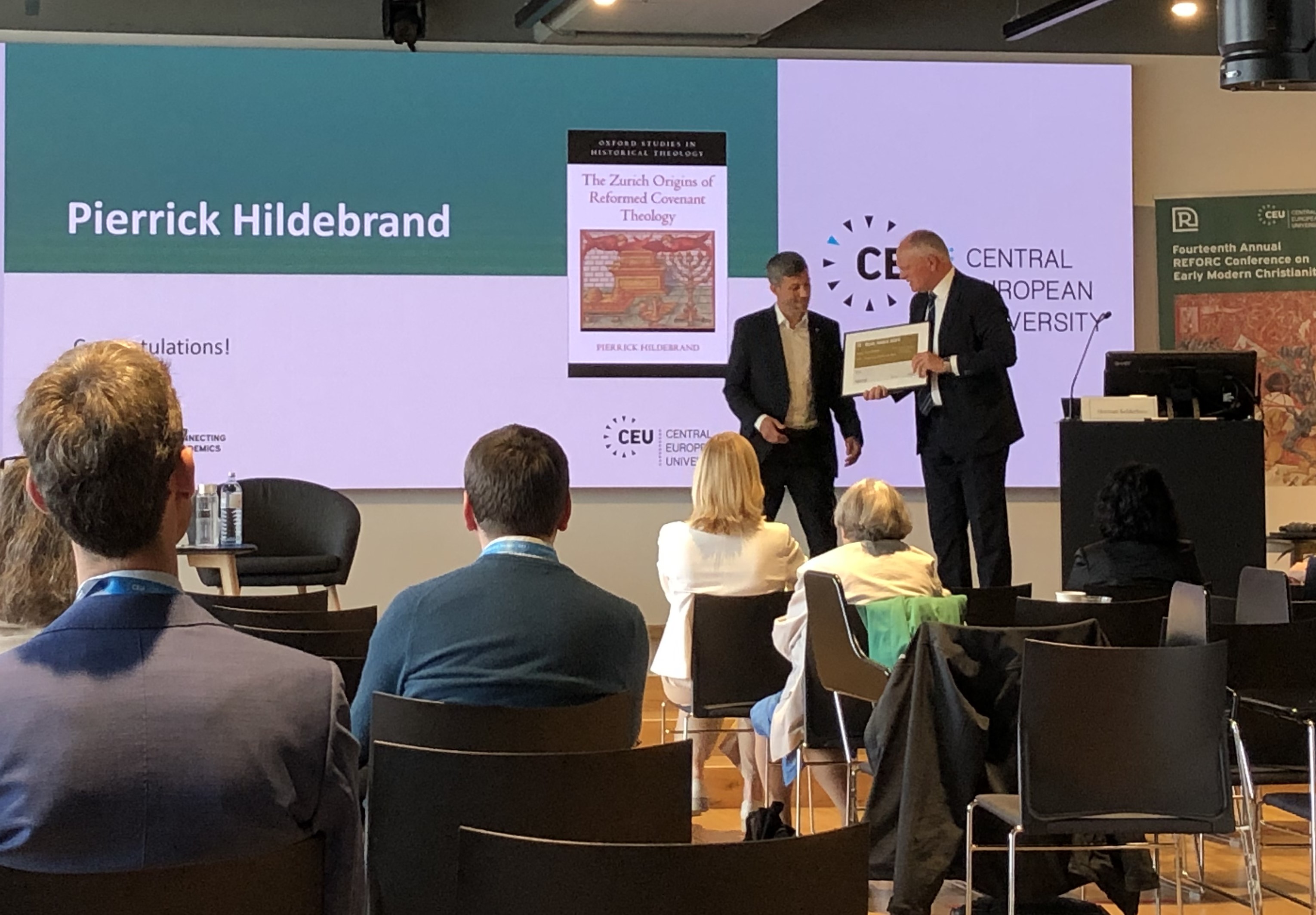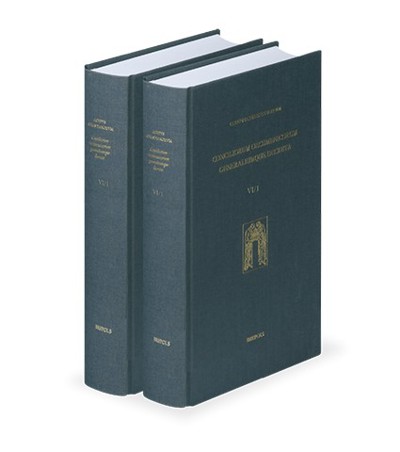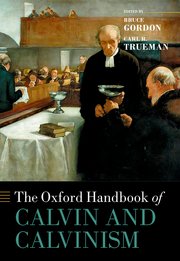

Vita
|
geb. 1984 |
in Gümligen BE |
|
2000–2003 |
Gymnasium an der Alpenstrasse in Biel mit Maturabschluss |
|
2004–2006 |
Bachelorstudium der Volkswirtschaftslehre (VWL) an der Universität Fribourg |
|
2006–2009 |
propädeutisches Studium der Theologie an der STH Basel mit Propädeutikum |
|
2009–2011 |
Bachelorstudium der Theologie an der Universität Bern mit Bachelorabschluss |
|
2011/2012 |
Masterstudium der Theologie an der Universität Bern mit Masterabschluss |
|
2012/2013 |
Vikariat in den reformierten Kirchen Bern-Jura-Solothurn |
|
2013–2019 |
Assistentam Lehrstuhl für Kirchen- und Theologiegeschichte der TRF (Prof. Dr. Peter Opitz), Universität Zürich |
| 2019 | Promotion zum Dr. theol. an der TRF Fakultät, Universität Zürich, mit Prädikat summa cum laude |
| seit 2019 | Assoziierter Forscher am Institut für Schweizerische Reformationsgeschichte und Pfarrer in der evangelisch-reformierten Kirche Affoltern i. E. |
Forschungsschwerpunkte
- Geschichte und Theologie der Schweizer Reformation
- Geschichte und Theologie der reformierten Orthodoxie
- Reformatorische Bibelauslegung



